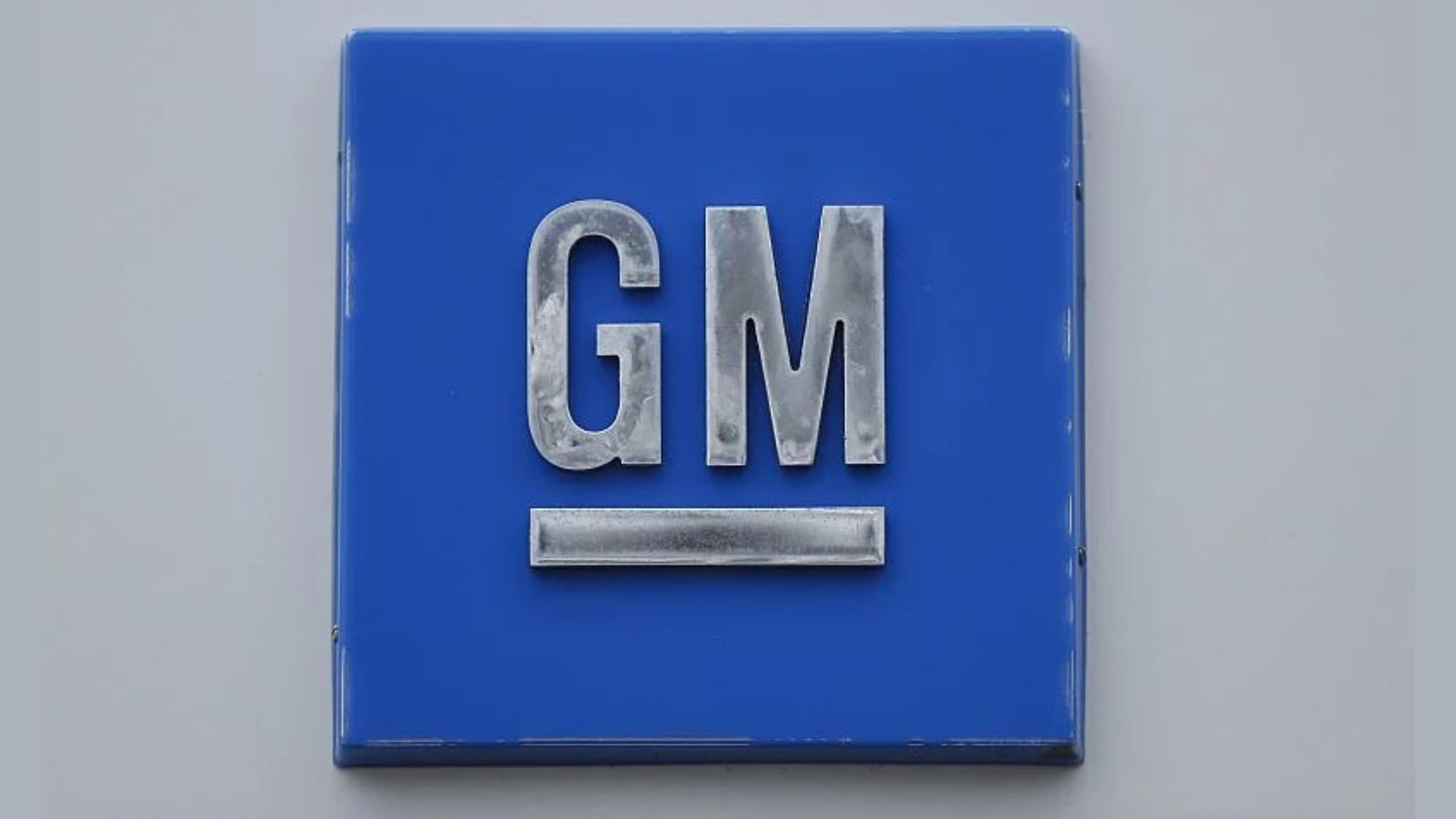General Motors (GM) has reached a settlement with the Federal Trade Commission (FTC) over allegations that it improperly disclosed connected vehicle data to consumer reporting agencies. The agreement, announced on January 16, 2025, includes a prohibition on GM sharing driving and consumer data without explicit consent from customers.
As reported by The New York Times, the case centers on GM’s connected vehicle technology, which collects vast amounts of data, including location, speed, and driver habits. The FTC alleged that GM shared this information with third-party agencies for targeted marketing and credit scoring purposes without adequately informing or obtaining permission from vehicle owners.
Under the terms of the settlement, GM has agreed to cease all data-sharing practices unless customers explicitly opt-in. The automaker will also implement enhanced transparency measures, including clearer privacy policies and a user-friendly portal where customers can manage their data preferences.
The FTC emphasized the importance of this agreement in setting a precedent for data privacy in the automotive industry. “As cars become increasingly connected, consumer privacy must remain a top priority,” said FTC Chair Lina Khan.
Reuters notes that the case highlights growing concerns about data collection in the auto industry. Connected vehicles generate vast amounts of data that automakers can monetize, but critics argue that such practices often come at the expense of consumer privacy.
GM issued a statement acknowledging the settlement and committing to upholding privacy standards. “We value the trust our customers place in us and are taking steps to ensure their data is handled responsibly,” the company said.
While the settlement marks a win for privacy advocates, questions remain about the broader implications for the automotive industry. Analysts predict that the FTC’s actions may prompt other automakers to reevaluate their data practices to avoid regulatory scrutiny.







